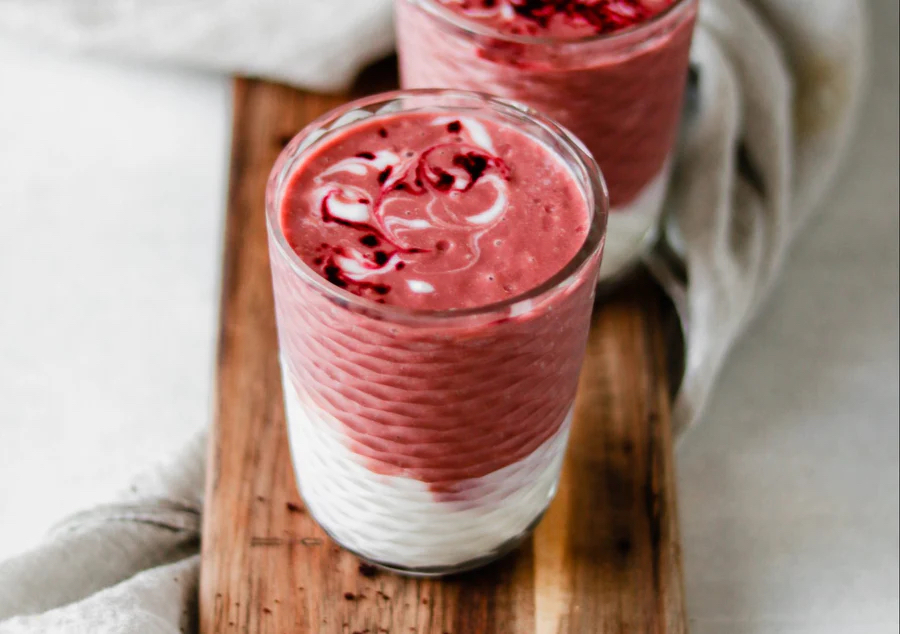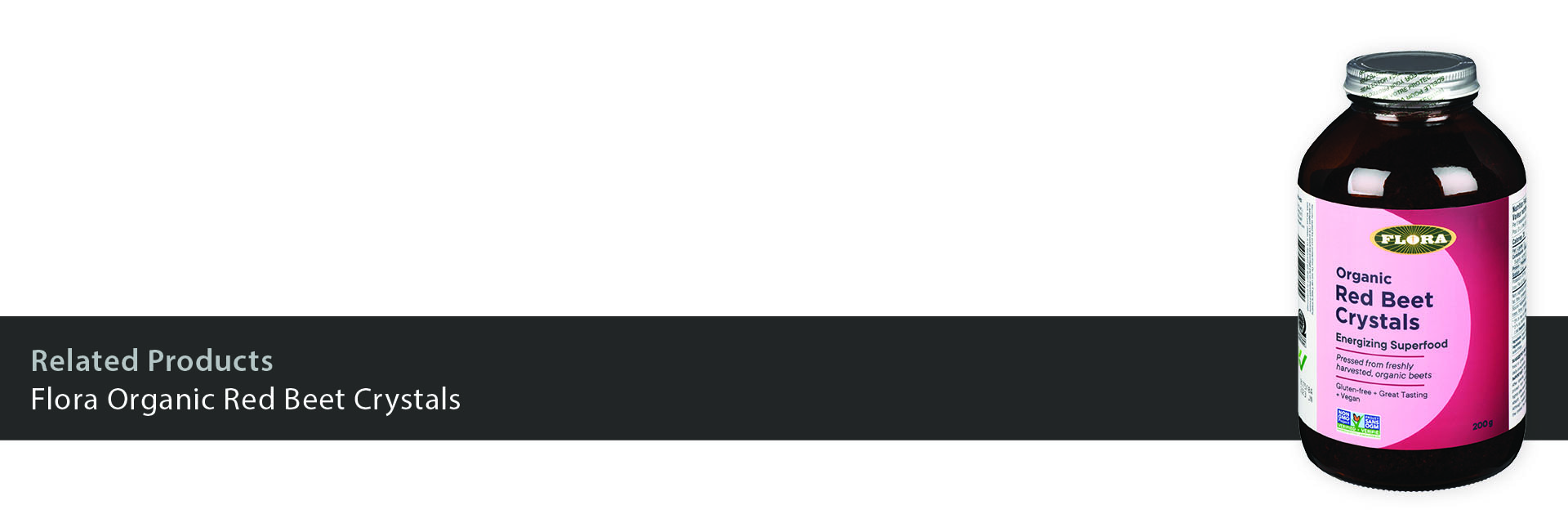Unbeatable Beets
Why the excitement around beets?
Beets are superfoods with vitamins, electrolyte minerals, antioxidants like anthocyanins, and betaine, which supports liver function. Beets, beet juice, and crystals made from beet juice also provide exceptionally large amounts of nitrate.
Is beet juice better than beets?
Dozens of published clinical studies focus on the health benefits of consuming beet juice. Beets are a safe way to get nitrate, but the mess and earthy taste put many people off eating them. It is likely also easier to prove the health benefits of drinking beet juice as it is more concentrated in nitrate.
Why is nitrate valuable?
Beet juice supports cardiorespiratory endurance due to the nitrate it contains. Nitrate combines nitrogen with oxygen. Both are essential for good health at the most basic level. Nitrogen is needed to create amino acids, to make proteins, to build our structure, and to repair it, and we can’t survive long without oxygen.
Nitrogen generates power
If you’ve ever witnessed a farm or vegetable garden with a bumper crop of big healthy plants, nitrogen-rich soil likely had a hand in it. Plants need nitrogen to convert sunlight into energy. Nitrogen and oxygen provide us humans with materials we need to flourish and produce energy, too.
Power plants
The nitrate in beet juice can become beneficial nitric oxide (NO), which can potentially strengthen our endurance and decision-making. Studies on the effects of beet juice have shown benefits for seniors and on athletic performance in everything from swimming and cycling to team sports like soccer.
The Power of Nitric Oxide (NO)
When our bodies use the nitrate in beet juice to make NO, higher NO levels can signal our blood vessels to relax, improving blood flow. NO can even increase the number and size of the powerhouses (mitochondria) in our cells!

RED BEET SWIRLS SMOOTHIE
INGREDIENTS:
- 1 Tbsp Flora Red Beet Crystals
- 1 cup frozen strawberries
- 1/2 cup spinach or kale
- 1/4 cup cashews, soaked for 2-3 hours
- 1/4 cup plain yogurt
- 1/2 cup plant-based milk or water
METHOD:
- Blend all ingredients on high until smooth about 2 minutes. Divide among two cups.
- To create this swirl, first spoon 4-6 pea-sized dots of yogurt on top of the smoothie. Take the sharp edge of a knife and run it through the dots, swirling them around.
- Next, take a few pinches of beet crystals and toss them randomly on your smoothie. Do the same thing with your knife to create deep red swirls.
Recipe Credit: Lindsay Young @eatyoungnutrition
